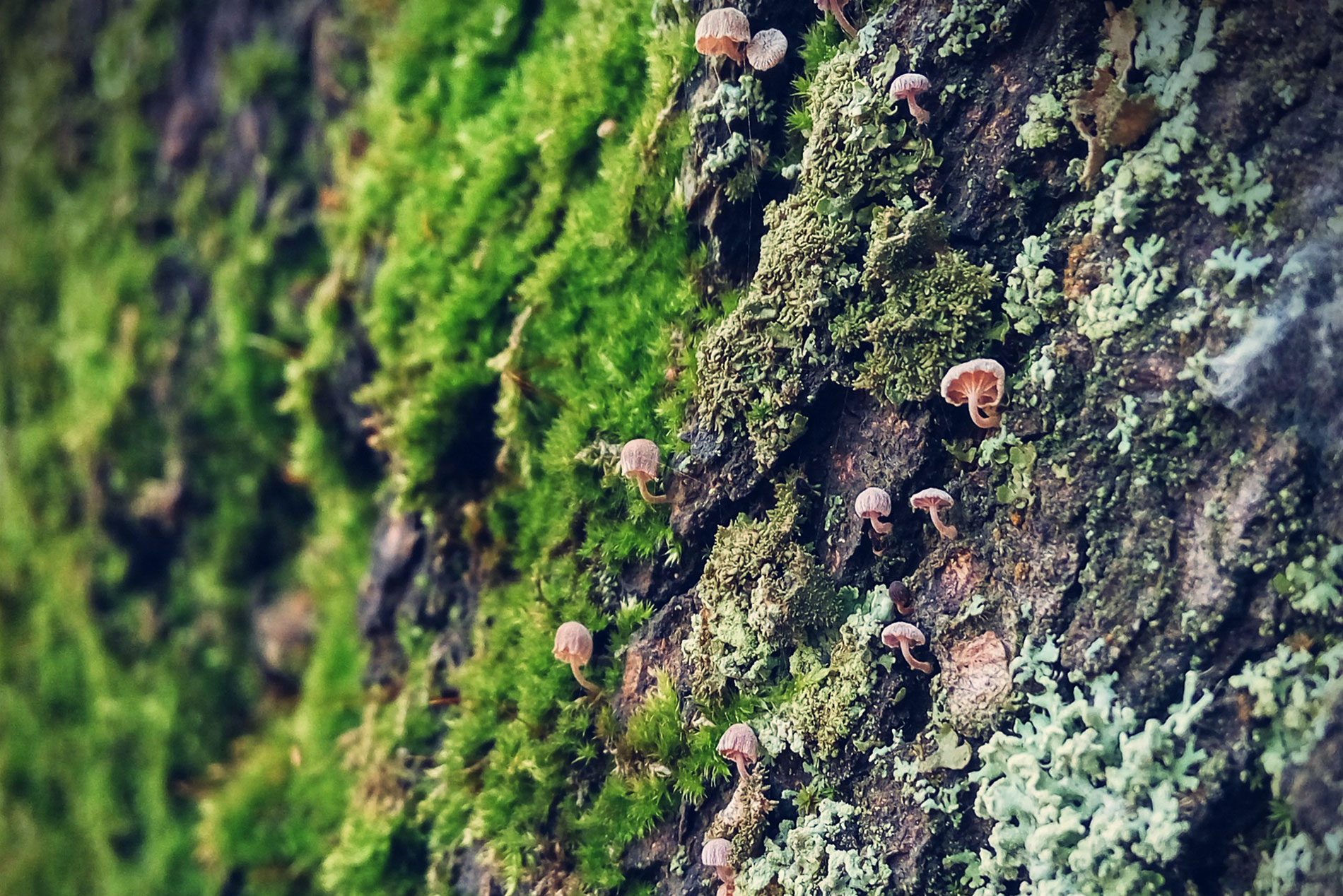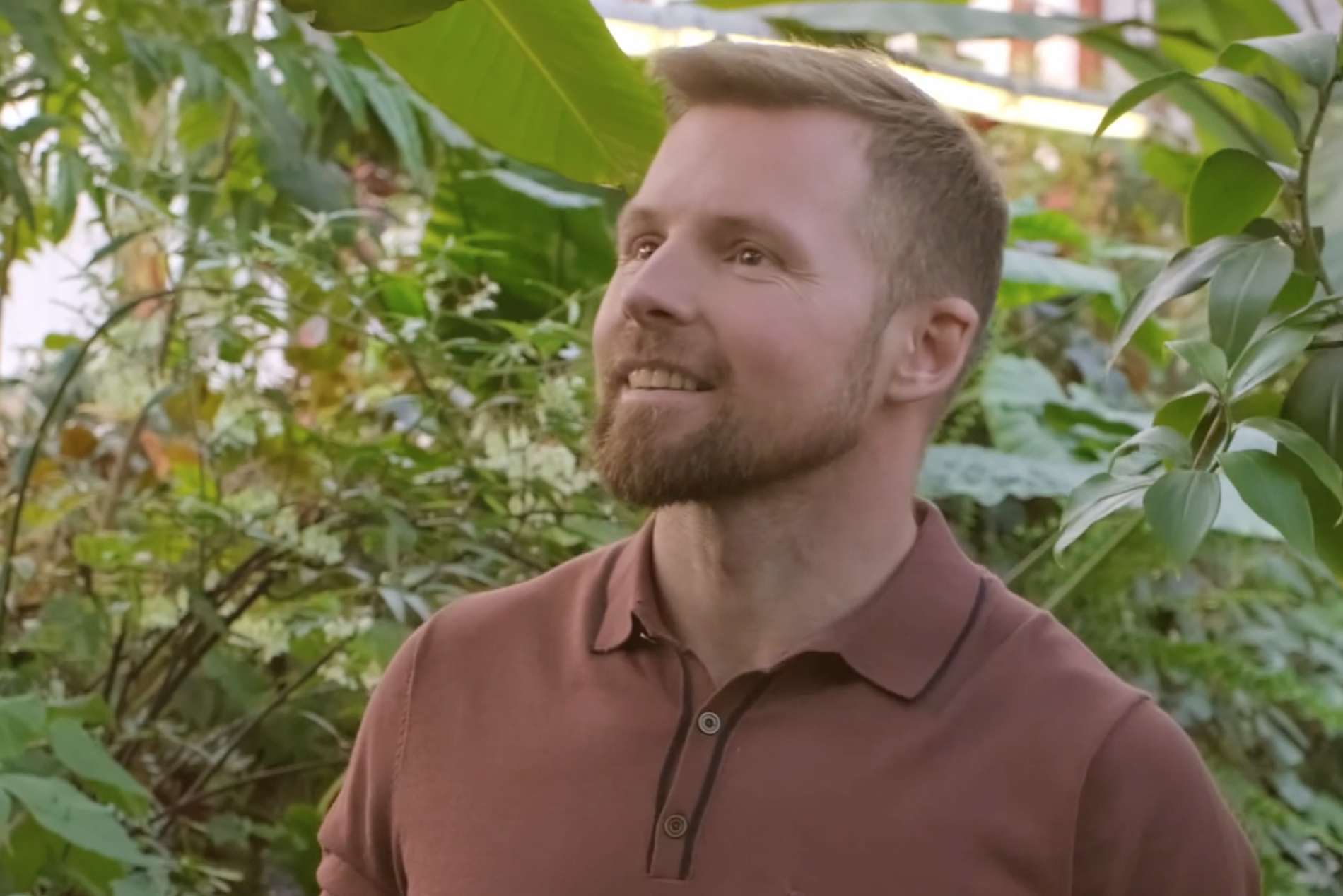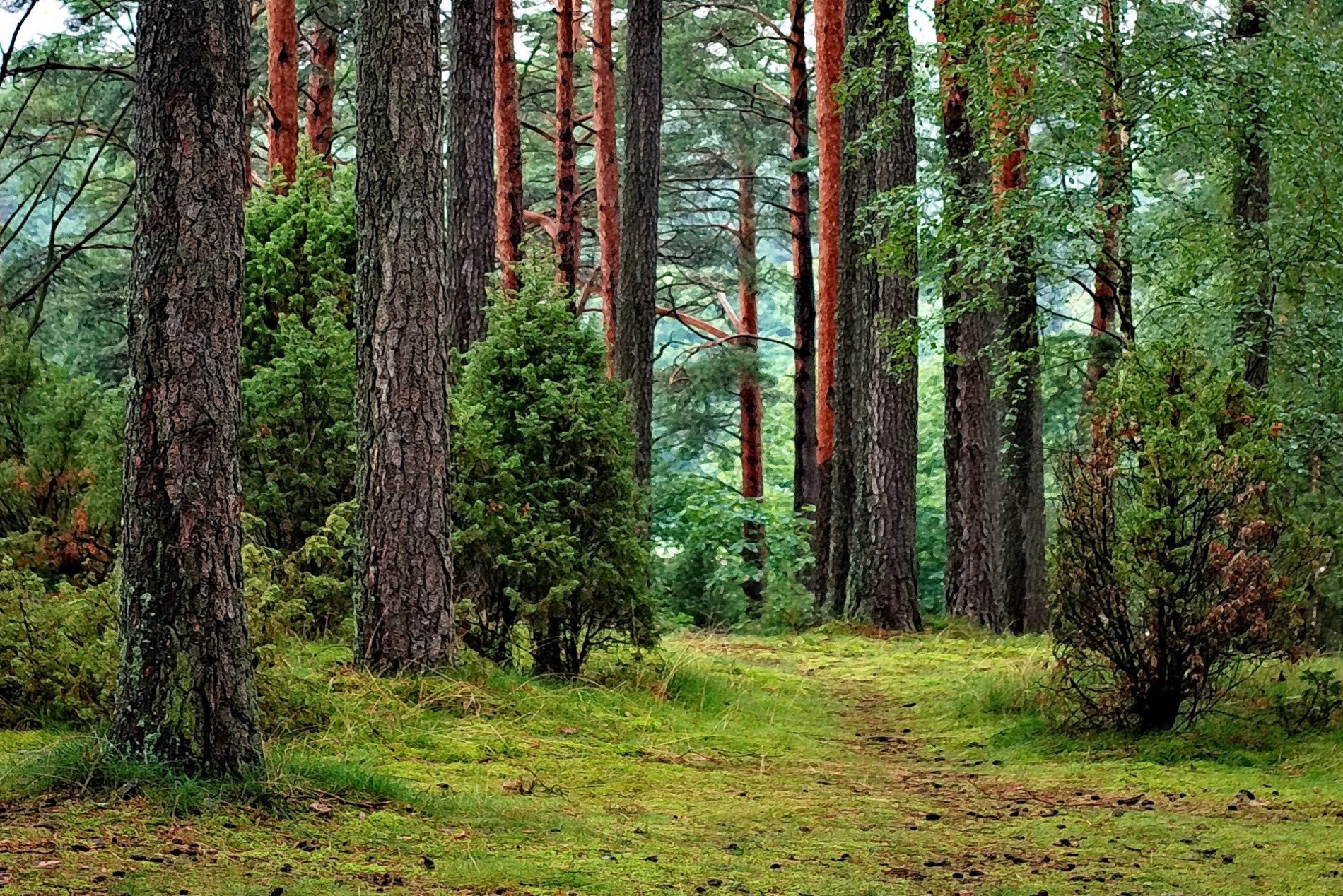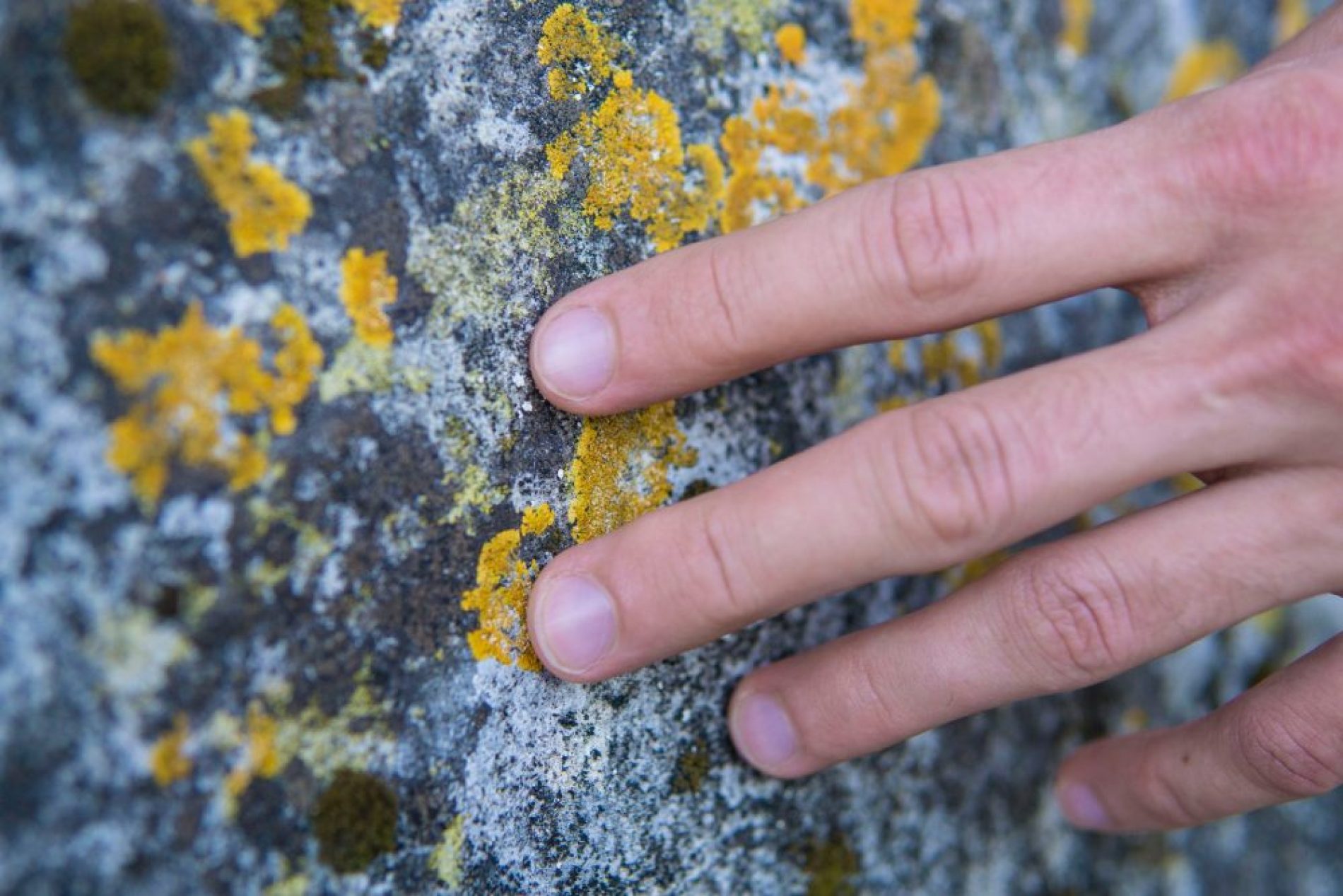Evidence

What makes this different? It’s not just a feeling. It’s proven.
This isn’t about wishful thinking or vague wellness advice. Every part of our approach is grounded in science and backed by real results. Below, you’ll find a collection of studies that reveal how reconnecting with nature improves emotional regulation, reduces stress, and supports long-term mental health.
But data is only half the story. You’ll also hear directly from people who’ve experienced the shift for themselves — through their own words, photos, and reflections.
This is where evidence meets experience.
Scroll down to explore the research and hear the stories that continue to validate this journey every single day.
“… every 360 metres further a person is from greenness increases their odds of anxiety and depression”
Environmental Science & Technology Journal
“We found a positive relationship between nature connectedness and feeling one’s life has meaning and is worthwhile nearly 4 times larger than the increase associated with higher socio-economic status.” Put more simply, a connection to nature is better at helping you feel good about yourself than fame or money.”
Journal of Environmental Psychology
“Nature is so central to our psychological and emotional health, that it’s almost impossible to realise good mental health for all without a greater connection to the natural world.”
Nature Why Nature: Mental Health Foundation UK
“Those who are more connected to nature tended to experience more positive affect, vitality, and life satisfaction compared to those less connected to nature.”
Frontiers in Psychology



“Well-being was higher for people that connect to nature and perceive natural beauty.”
Jia Wei Zhang, Journal of Environmental Psychology
“On average, the most nature-connected adults have self-reported health scores that are 9% higher than the rest of the population”
University of Derby & The National Trust
“…10 extra public trees on a block made people feel 1 percent healthier – which is the same increase as earning US$10,200 more per year, moving to a neighbourhood that’s US$10,000 wealthier, or being seven years younger”
Scientific Reports – Nature Journal
“Contact with nature has been shown to enhance a variety of aspects of well- being, including life satisfaction, positive affect, meaning in life, feelings of elevation, vitality and both psychological and social well-being.”
Journal of Positive Psychology



“It turns out that it is not just being in nature but how we open ourselves up and interact with nature that counts.”
Mental Health Awareness Week 2021, Mental Health Foundation, UK.
“Nature connectedness’ is strongly linked to lower levels of depression and anxiety”
Noticing Nature Report: University of Derby & National Trust
“In an increasingly urbanised world where mental health is currently in crisis, interventions to increase human engagement and connection with the natural environment are one of the fastest growing, most widely accessible, and cost-effective ways of improving human wellbeing.”
International Journal of Environmental Research and Public Health



“… various types of nature experience are associated with mental health benefits in many ways … controlled laboratory studies have demonstrated beneficial psychological and stress/physiological impacts of nature … … fieldwork has shown the benefits of nature experience across affective, cognitive, and physiological dimensions in participants …”
Nature and mental health: An ecosystem service perspective
“One clear message here is that the grandeur of national parks is not needed for these positive effects.”
Association for Psychological Science
“how much we notice, think about and appreciate our natural surroundings – is a critical factor in supporting good mental health and preventing distress.”
UK Mental Health Foundation
“… this evidence now shows how, with the right focus, engaging with urban nature can bring clinically significant improvements in quality of life for those living with a mental health difficulty – and bring significant benefits to all adults.“
Finding Nature Research Project
“Humans have spent over 99.99% of their time living in the natural environment. The gap between the natural setting, for which our physiological functions are adapted, and the highly urbanized and artificial setting that we inhabit is a contributing cause of the “stress state” in modern people.”
International Journal of Environmental Research and Public Health



“… every 360m further a person is from greenness increases their odds of anxiety and depression.”
Alcock, I., White, M. P., Wheeler, B. W., Fleming, L. E., & Depledge, M. H. (2014). Longitudinal effects on mental health of moving to greener and less green urban areas. Environmental Science and Technology, 48(2), 1247-1255.
“We found a positive relationship between nature connectedness and feeling one’s life has meaning and is worthwhile (eudaemonic wellbeing) – nearly 4 times larger than the increase associated with higher socio-economic status.”
Martin, L., White, M. P., Hunt, A., Richardson, M., Pahl, S., & Burt, J. (2020). Nature contact, nature connectedness and associations with health, wellbeing and pro-environmental behaviours. Journal of Environmental Psychology, 101389. (Martin et al, 2020)
Nature is so central to our psychological and emotional health, that it’s almost impossible to realise good mental health for all without a greater connection to the natural world.”
Mental Health Foundation. “Why Nature Was the Theme for Mental Health Awareness Week 2021.” Mental Health Foundation. Accessed March 23, 2022
“Those who are more connected to nature tended to experience more positive affect, vitality, and life satisfaction compared to those less connected to nature.”
Capaldi, C.A., Dopko, R.L., Zelenski, J.M., “The relationship between nature connectedness and happiness: a meta-analysis” Front Psychol. 2014; 5: 976.
“Well-being was higher for people that connect to nature and perceive natural beauty”
Zhang J,W., Howell,R.T., Iyer, R. Engagement with natural beauty moderates the positive relation between connectedness with nature and psychological well-being, Journal of Environmental Psychology. June 2014, V38, P; 55-63
“On average, the most nature-connected adults have self-reported health scores that are 9% higher than the rest of the population”
University of Derby. (2019). Noticing nature: The benefits of engaging with nature for individuals and society. Retrieved December 2022, from
“…10 extra public trees on a block made people feel 1 percent healthier – which is the same increase as earning US$10,200 more per year, moving to a neighbourhood that’s US$10,000 wealthier, or being seven years younger”
Kardan, O., Gozdyra, P., Misic, B. et al. Neighborhood greenspace and health in a large urban center. Sci Rep 5, 11610 (2015)
“Contact with nature has been shown to enhance a variety of aspects of well-being, including life satisfaction, positive affect, meaning in life, feelings of elevation, vitality and both psychological and social well-being”
Passmore, H. A., & Holder, M. D. (2016). Noticing nature: Individual and social benefits of a two-week intervention. Journal of Positive Psychology, 12(6), 537-546
“It turns out that it is not just being in nature but how we open ourselves up and interact with nature that counts.”
Mental Health Awareness Week 2021, Mental Health Foundation, UK.
“While simple nature-based solutions are often overlooked, some of this evidence now shows how, with the right focus, engaging with urban nature can bring clinically significant improvements in quality of life for those with living with a mental health difficulty – and bring significant benefits to all adults.“
Finding Nature. (2019, October 21). Connecting with urban nature. Retrieved December 7, 2024, from https://findingnature.org.uk/2019/10/21/connecting-with-urban-nature/
“Nature connectedness’ is strongly linked to lower levels of depression and anxiety.”
University of Derby. (2019). Noticing nature: The benefits of engaging with nature for individuals and society. Retrieved December 2022, from https://www.derby.ac.uk/media/derbyacuk/assets/departments/press/images/2019/014a-Noticing-Nature-Report-FINAL.pdf
“In an increasingly urbanised world where mental health is currently in crisis, interventions to increase human engagement and connection with the natural environment are one of the fastest growing, most widely accessible, and cost-effective ways of improving human wellbeing.”
McEwan, K., Richardson, M., Sheffield, D., Ferguson, F. J. Brindley, P., (2019). “A Smartphone App for Improving Mental Health through Connecting with Urban Nature”. Int. J. Environ. Res. Public Health 16(18), 3373
“One clear message here is that the grandeur of national parks is not needed for these positive effects.”
Association for Psychological Science. (n.d.). The rewards of nearby nature. Retrieved December 7, 2024, from https://www.psychologicalscience.org/news/were-only-human/the-rewards-of-nearby-nature.html
“how much we notice, think about and appreciate our natural surroundings – is a critical factor in supporting good mental health and preventing distress.”
Mental Health Foundation. (2021). Nature and mental health: Research report. Retrieved March, 2022, from https://www.mentalhealth.org.uk/sites/default/files/2022-06/MHAW21-Nature-research-report.pdf
“Humans have spent over 99.99% of their time living in the natural environment. The gap between the natural setting, for which our physiological functions are adapted, and the highly urbanized and artificial setting that we inhabit is a contributing cause of the “stress state” in modern people.”
Song C, Ikei H, Miyazaki Y. Physiological Effects of Nature Therapy: A Review of the Research in Japan. Int J Environ Res Public Health. 2016;13(8):781. Published 2016 Aug 3. doi:10.3390/ijerph13080781
“Your Move" is ideal if you are motivated to take simple steps for a positive shift in your life
- Eight easy 20 minute lessons
- Spread over 21 days to build a healthy habit
- Support reminders to help keep you on track
